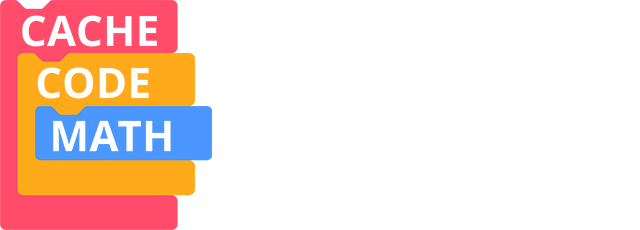This project is collaboratively designing adaptations to a standards-based elementary-level mathematics curriculum in which classroom teachers highlight and integrate CS concepts into their regular math lessons. These CS concepts are further explored during students’ computer lab time led by paraprofessionals (computer lab specialists). In this way, classroom time is used to prime and connect to important CS concepts, which students then further explore in the context of using, modifying, and creating programs during computer lab time.
Project partners involve Cache County School District, Utah State University, and Stanford University, with funding from the NSF, Division of Research on Learning in Formal and Informal Settings.
This goal will accomplished by:
- developing and testing adaptations and extensions to the district's mathematics curriculum for the classroom and computer lab;
- developing and testing learning experiences for paraprofessionals and teachers;
- systematically understanding the dynamics of a design-based Research Practice Partnership (RPP).
These objectives directly address a key problem of practice for many school districts as they seek to offer high quality and evidence-based computer science instruction. We address a need that is emerging nationally as other underserved school districts strive to find ways to provide elementary CS instruction taught by less experienced educators. Finally, we address a field-specific need regarding how to structure and manage RPPs so that they are productive, equitable, and impactful for all.


